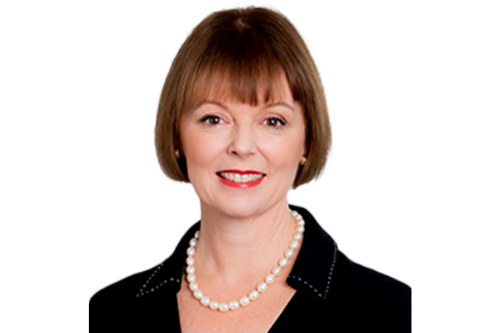

Mental health is in the spotlight once more as New Zealand returns to Alert Level 4, and insurers are encouraging staff to take advantage of Employee Assistance Programmes and organisation partnerships if they feel they need support.
Southern Cross Healthcare chief of strategy Tracey Barron (pictured) said that throughout the first Alert Level 4 lockdown, everybody responded differently - however, mental health organisations have since seen an increase in referrals from employees, and the number of ‘critical incidents’ has also increased.
“During the initial lockdown, Raise - the organisation where I am a director - actually went really quiet, which wasn’t necessarily what we would have expected,” Barron said.
“But actually, some research conducted by Southern Cross Group showed that while the initial time of lockdown was quite stressful for some people, for others, a lot of the stressors in their lives actually disappeared.”
“Working parents didn’t necessarily have to drop the kids in six different places, etc. so there were some people who actually felt a little bit better during the lockdown,” she explained.
“But what we’ve been increasingly seeing since September onwards is that more people have been seeking help from organisations such as Raise, and so the referrals and the complexity of those referrals has gone up. Unfortunately, the number of critical incidents has also increased with people being quite seriously unwell, and workforces have needed to wrap support services around them and other employees quite quickly.”
Barron said that while insurers and businesses in general have made significant strides in the field of mental health, nobody is yet entirely confident about what the correct approach should be. However, she encouraged anyone who might need support to seek it, and said that Employee Assistance Programmes are often a good place to start.
“I think businesses across New Zealand are not necessarily very confident around what the absolute right thing to do is yet, and some people are still a bit afraid to talk about mental health,” Barron said.
“But I know that some of the insurance businesses that I work with have some great offerings on board, and people have been taking advantage of those, which is great to see.”
“To anyone who is struggling, I would say – ‘you’re not alone, and don’t be afraid to talk to somebody’,” she concluded.
“Choose the person that you want to talk to, whether it’s a peer, a family member, or someone else. But every insurer and workplace will have an EAP provider, so do reach out to that service, but don’t hide away and be too scared to say anything.
“It’s really important that people feel empowered to reach out for support, and it’s not a negative thing - it’s actually a really brave thing to be doing.”
